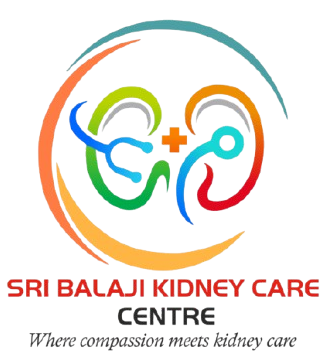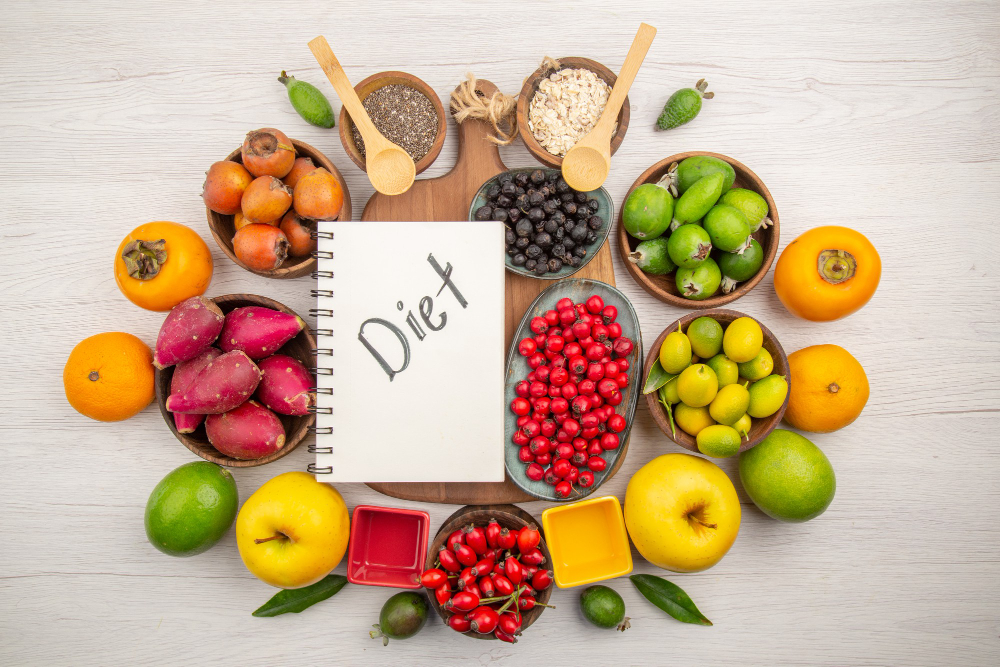Introduction
Chronic Kidney Disease (CKD) affects how well your kidneys work. Because kidneys help remove waste and balance fluids, dietary changes are important for CKD patients. With the right foods, you can help protect your kidneys and feel better each day. In this guide, you will learn about CKD diet tips, kidney-friendly meal planning, and foods for chronic kidney disease.
What is Chronic Kidney Disease?
Chronic Kidney Disease means your kidneys are not working as well as they should. Over time, this can lead to a buildup of waste and extra fluid in your body. CKD often develops slowly and may not show symptoms at first. However, as the disease gets worse, you may feel tired, have swelling, or notice changes in urination. According to the CDC, millions of people worldwide live with CKD.
Why Diet Matters in CKD
Diet plays a big role in managing CKD. Because your kidneys cannot filter waste as well, certain foods can make symptoms worse. For example, too much salt or protein can put extra strain on your kidneys. On the other hand, healthy food choices can help slow CKD progression. Therefore, following a kidney-friendly diet is key for your health and well-being.
Essential Dietary Changes for CKD Patients
Limit Sodium Intake
First, reducing sodium (salt) helps control blood pressure and swelling. High sodium can make your body hold onto extra water, which is hard on your kidneys. Try to choose fresh foods and avoid processed snacks. Always check food labels for sodium content.
Control Protein Consumption
Next, eating the right amount of protein is important. While your body needs protein, too much can create extra waste for your kidneys to filter. Choose smaller portions of meat, fish, or eggs. Plant-based proteins, like beans, may also be helpful, but talk to your doctor about the best options for you.
Manage Potassium and Phosphorus Levels
Potassium and phosphorus are minerals found in many foods. If your kidneys are not working well, these can build up in your blood. High potassium can affect your heart, while high phosphorus can weaken your bones. Therefore, you may need to limit foods like bananas, oranges, dairy, and nuts. Your doctor or dietitian can guide you on safe amounts.
Fluid Intake Guidelines
Some CKD patients need to watch how much they drink. Too much fluid can cause swelling and high blood pressure. However, others may not need to limit fluids. Always follow your doctor’s advice about how much water or other drinks you should have each day.
Foods to Include and Avoid
Tips for Meal Planning and Lifestyle Adjustments
Common Myths About CKD Diets
When to Consult a Dietitian or Nephrologist
If you have CKD, it is wise to talk to a registered dietitian or nephrologist. They can help you create a meal plan that fits your needs. Also, they can answer questions about local food options and help you avoid common mistakes. Early guidance can make a big difference in your health.
For personalized dietary advice on chronic kidney disease, consult a specialist

